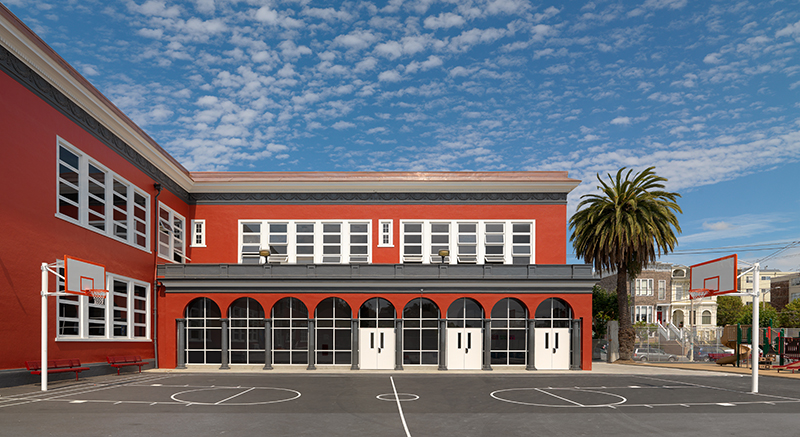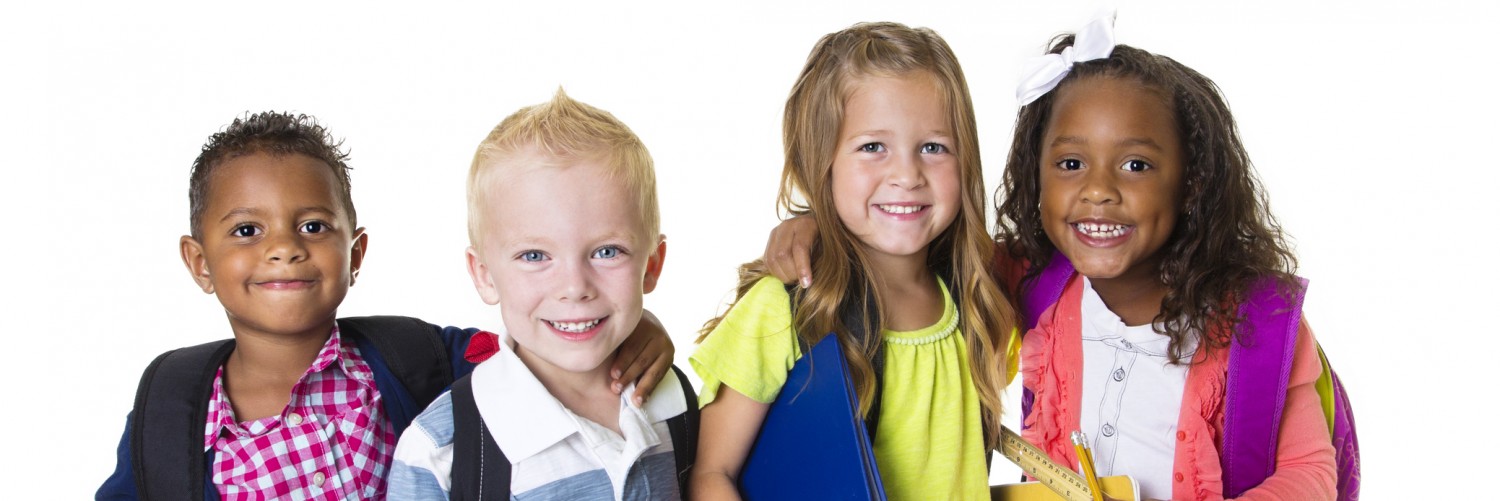
Beginning a Literacy Partnership with Dr. William L. Cobb Elementary School

Dr. Mary Murray Autry, Associate Director
Engage San Francisco Literacy Programs
When first visiting Dr. William L. Cobb Elementary School (Cobb) in October 2016, with hopes of beginning a literacy partnership, I vividly remember entering the office area and being pleasantly surprised to see a wall covered with banners. These were not just any banners but banners representing various universities throughout the United States and graduates from this very elementary school. I had no trouble identifying the principal’s office door that had been labeled with the name of his alma mater. The banners clearly sent a message to me about the mission of the school and the value of education. Because I really did not know what to expect from this meeting, I began with, “The University of San Francisco, through its Engage San Francisco initiative within the Leo T. McCarthy Center for Public Service and the Common Good would like to partner with you in creating a literacy program.”
We have made significant strides since our initial meeting. The literacy program began as a pilot with a shared vision to improve reading proficiency and support K-5 students to reach grade-level proficiency. We also agreed to place university students as volunteers in a first-second grade combination class and a third-fourth grade combination classroom to provide relevant literacy experiences for classroom students.
One freshman and four juniors comprise the pilot of cohorts and began as interns working with elementary students and our community partners in spring 2017. These interns are undergraduate candidates in the Dual Degree in Teacher Preparation Program at the University of San Francisco. Under the guidance of Engage San Francisco staff, the school’s literacy coach, and classroom teachers, interns work six to twelve hours a week to improve K-5 literacy proficiency while fostering competent communication while speaking, reading, writing, and listening. Interns, required to complete the entire semester must consistently demonstrate the same professional and ethical behaviors expected of teachers, and are enrolled in a 1-unit Directed Study course. The course, Literacy, Environments, and Assessments, emphasizes the basic history of the community, literacy instruction, social emotional development, trauma informed approaches, and effective use of the learning environment.
Several questions guide the development of the literacy program. These include: What would this literacy program look like? How do we define literacy? What are the literacy goals of the school? What is best practice for TK-5 students? What are worthy and reasonable goals for university interns? How do we involve teachers? How do we build a relationship of trust with the school in light of the fact that a previous partnership folded? From these inquiries, these key questions emerged:
- How do we create a literacy program for traditionally disenfranchised K-5 students who consistently perform lower than their white counterparts in spite of laws and policies designed to support their academic achievement?
- How do we create a literacy program for teacher candidates, that models effective teaching, embraces diversity, addresses biases, and focuses on community?
- How do we move the conversation from “volunteers” in the classroom to members of the school community?

The initial launch of the pilot has been far from perfect, but we have learned as we face challenges, and we make changes and restate our commitment to moving from the pilot stage to executing the literacy program in the fall of the 2017-2018 academic year. Feedback from school administrators has led to discussions on expanding the program and including two prekindergarten classrooms. Initial findings thus far suggest that although only 20 percent of interns had any involvement with the school community prior to placement, 100 percent see themselves committed to continuing the internship during the 2017-2018 academic year. We have also learned that the school’s literacy needs were broader than the original plan. Instead of teaching in only two classrooms, interns work in classes across the grade span and have begun the process of seeing themselves as more than volunteers in the school but actually members of a community.
Learn more about Engage San Francisco’s literacy programs and other community partnerships by contacting Karin Cotterman, Director of Engage San Francisco <kmcotterman@usfca.edu>



